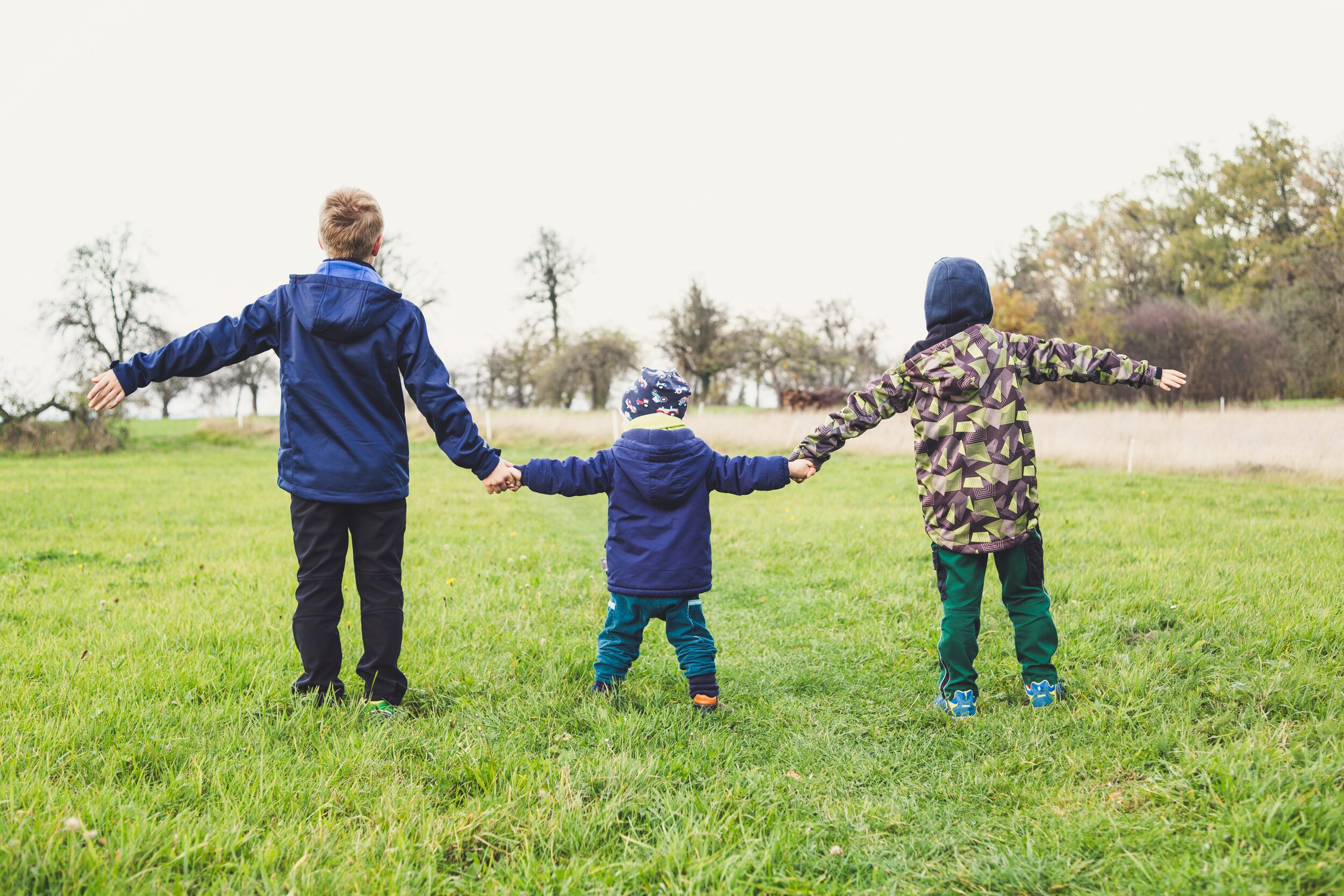Paula Buswell

Kindergarten is a key stage in your child's education and development. His or her kindergarten years will be marked by several transitions, some more important than others. These transitions can be stressful for the child, and very often for the parents! It is important to prepare for these transitions so that you can help your child through them with calm and confidence. They need you!
At école M, we're holding an open day in June. Your child will be able to see his or her classroom and spend some time there, meeting some of his or her classmates and teachers. On this day, we'll give him a little back-to-school booklet with photos of his school and teachers. Please take the time to look at it with your child over the summer, to help him prepare for his first day at school.
At the end of June, we announce to children and parents alike the composition of classes for the new school year. This way, there are no surprises: your child goes on vacation knowing who his or her classmates and teachers will be when the new school year starts. Take the time to discuss this with your child. There are advantages to both options, so discuss them with your child. Listen to any reservations they may have, and answer any questions they may have. We're also here to help with this transition, which, although smoother and simpler, is still a change that needs to be explained and prepared for with your child.
Your child is growing up, and the next school year will be primary schools. This is an important and exciting step, and one that should be accompanied by the right support to avoid it being too stressful:
It can happen that, due to a move or other reasons, a child changes school between two years of kindergarten, or even during the year. If accompanied, the child can cope with these changes very well:
At school, as in life, your child will go through many transitions between the ages of 2 and 6. As you may have noticed, the same advice comes up again and again. Reassure your child. He may be sad to leave the situation and the people he knows and loves, and he may be afraid of the unknown. Listen to him, and let him express his feelings, without going looking for them if your child doesn't feel them. It's the adult's role to talk to him, to explain what's going on, so that he can approach these changes with a little stress perhaps, but above all with confidence and excitement!